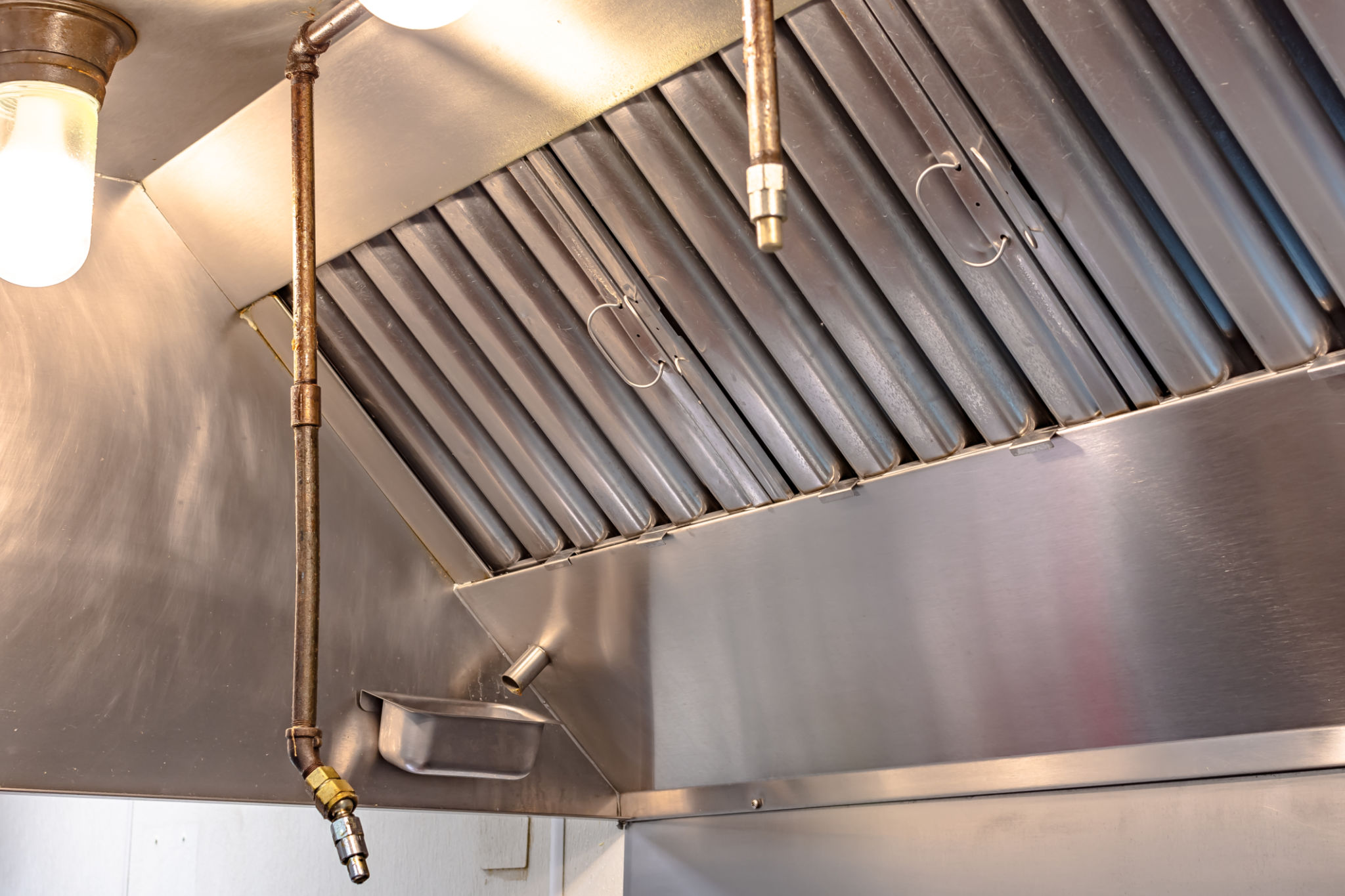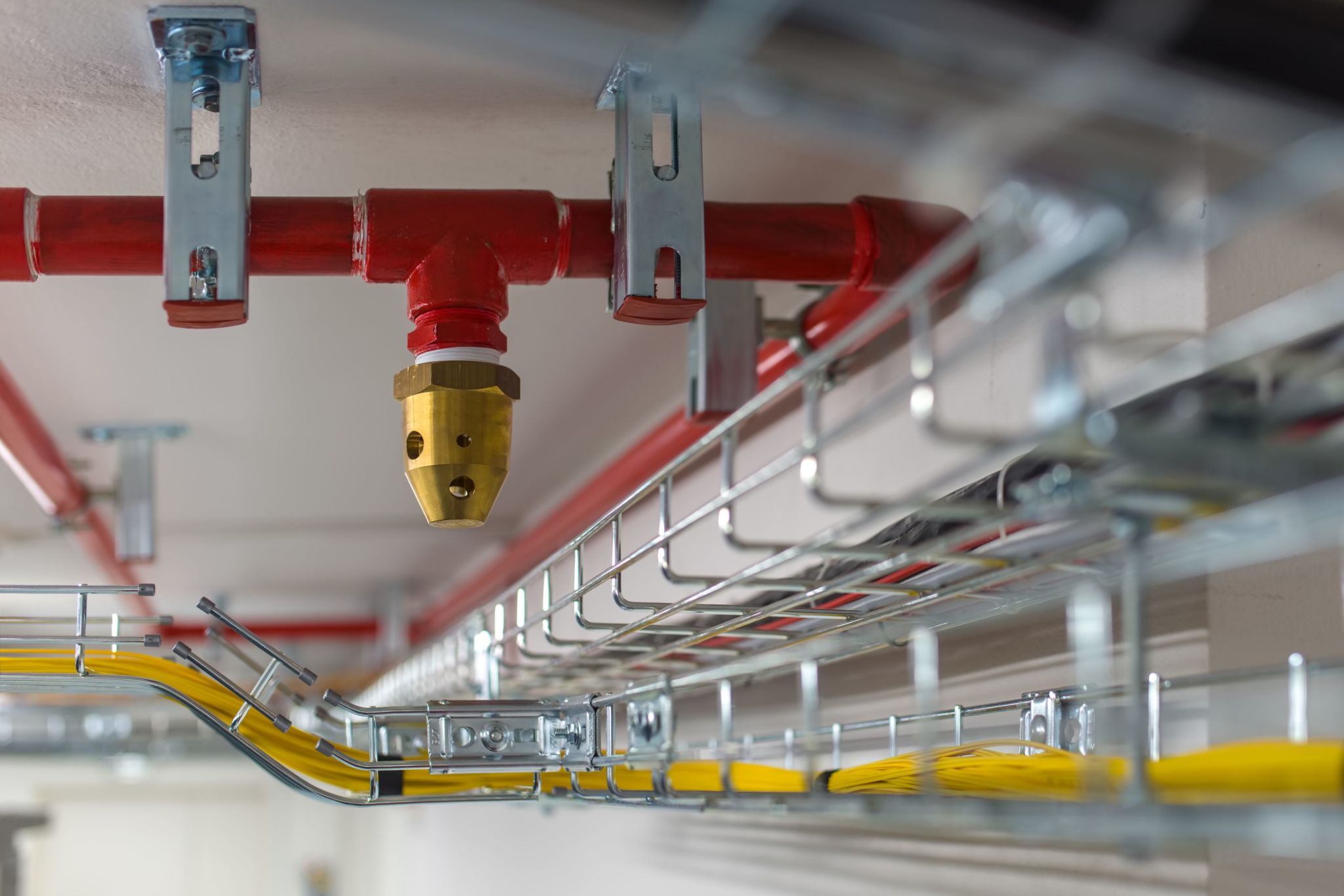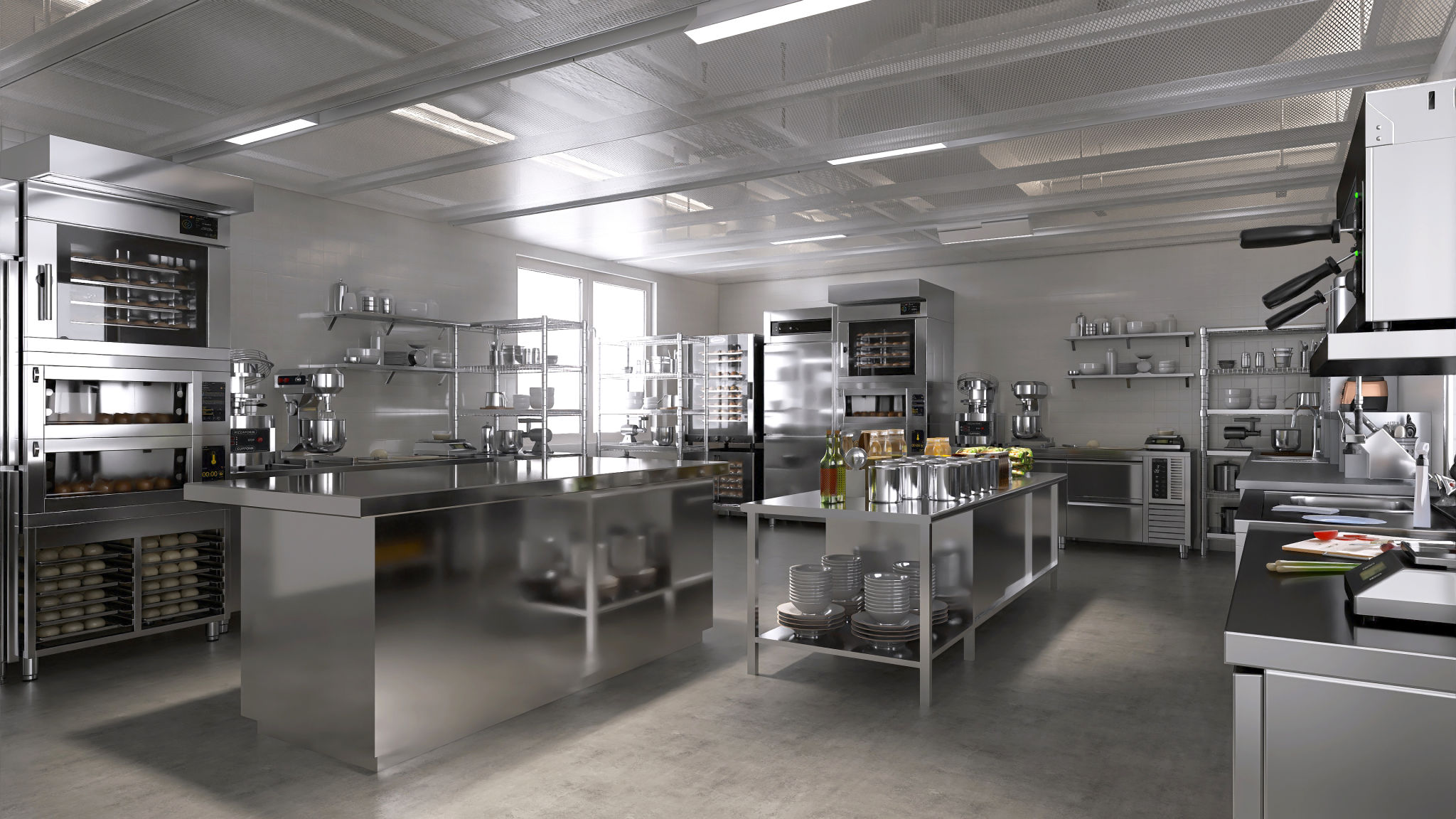A Comprehensive Guide to Kitchen Suppression Systems
Understanding Kitchen Suppression Systems
Kitchen suppression systems are integral to maintaining safety in commercial kitchens. These systems are designed to quickly and effectively extinguish fires, which are common in environments where cooking oils and high temperatures are present. Understanding how these systems work can help ensure that your kitchen remains safe for both employees and guests.

The Importance of Kitchen Fire Safety
Fire safety in kitchens is a critical concern due to the presence of flammable materials and heat sources. A kitchen suppression system acts as a first line of defense, automatically detecting and extinguishing fires before they can grow out of control. This not only protects property but also saves lives.
Without an effective suppression system, a minor flare-up could quickly escalate into a devastating fire. Investing in the right system is essential for compliance with safety regulations and for providing peace of mind.
Components of a Kitchen Suppression System
A typical kitchen suppression system consists of several key components:
- Nozzles: These are strategically placed to cover high-risk areas such as fryers, grills, and hoods.
- Detectors: Heat or flame detectors that trigger the system in case of a fire.
- Control Panel: The central unit that monitors the system and activates the suppression mechanism when needed.
- Chemical Agents: Specially formulated chemicals are used to efficiently extinguish fires involving grease and oils.

How Kitchen Suppression Systems Work
When a fire is detected, the suppression system automatically activates. The nozzles release a chemical agent that smothers the flames and cools down the temperature to prevent re-ignition. This process occurs rapidly, minimizing damage and disruption.
The system is designed to work without human intervention, ensuring prompt action even if the kitchen is unattended. Regular maintenance is crucial to ensure the system functions correctly when needed.
Choosing the Right System for Your Kitchen
Selecting the appropriate suppression system for your kitchen depends on several factors, including the size of your kitchen, the type of cooking equipment used, and specific fire risks present. Consulting with a fire safety expert can help you determine the best solution tailored to your needs.

Maintenance and Inspections
Regular maintenance and inspections are vital for ensuring that your kitchen suppression system remains operational. Most systems require bi-annual inspections by certified professionals who will test the system and replace any worn components.
Keeping detailed records of inspections and maintenance can aid in compliance with local fire safety regulations and insurance requirements.
Training and Education
Equipping your staff with knowledge about how the kitchen suppression system works is just as important as having the system itself. Conduct regular training sessions to ensure all employees know how to act in the event of a fire and understand the basic operation of the suppression system.
Conclusion
A comprehensive kitchen suppression system is an invaluable asset for any commercial kitchen, providing essential protection against fires. By understanding how these systems work, choosing the right one, and maintaining it properly, you can enhance safety and protect both your investment and your people.
